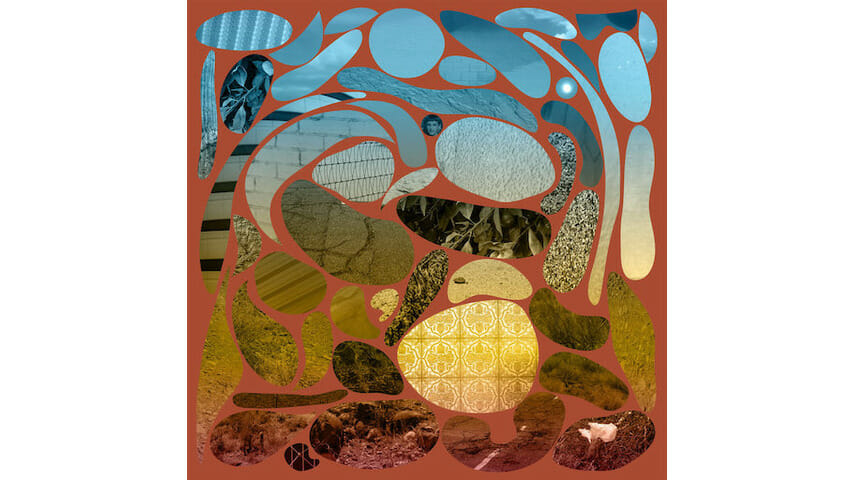Pedro The Lion: Phoenix

It was just coincidence that David Bazan dropped his Pedro the Lion moniker in 2006, around the same time he “deconverted” from Christianity. But the latter seemed to feed into the former, and when Bazan’s solo output—five albums since 2009—exceeded the four LPs that Pedro the Lion had released between 1998-2004, it seemed like the band was over for good.
-

-

-

-

-

-

-

-

-

-

-

-

-

-

-

-

-

-

-

-

-

-

-

-

-

-

-

-

-

-

-

-

-

-

-

-

-

-

-

-








































